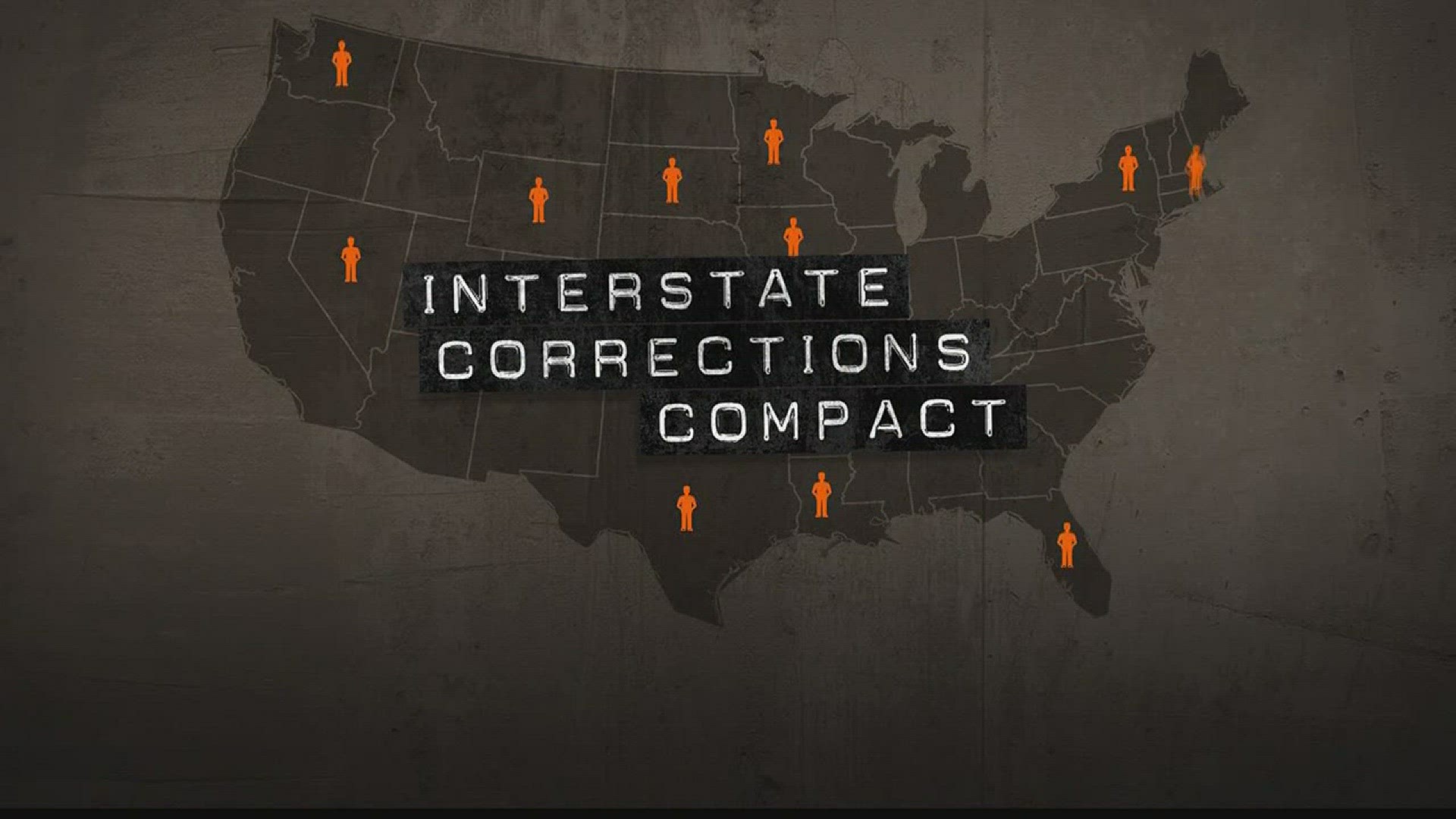It's a secret network that almost all states participate in; one that allows Florida inmates, who have been convicted of horrible, high-profile crimes, sent to other states while other states send their worst criminals here. They're known as "secret prisoners" and the goal is to keep them safe.
When Jarred Harrell was convicted of killing Somer Thompson, Florida's Department of Corrections sent him to an undisclosed prison, likely outside of Florida. The same happened for Michael Dunn, the man convicted of murdering Jordan Davis.
Jacksonville attorney, Hank Coxe, said twice in his career, convicted clients have been shipped out of state. He said the transfer was only able to happen because of an agreement between states called the "Interstate Prison Compact." It's an exchange where states share their worst inmates to keep the inmate and prison safe. Correction officials said high-profile criminals could create unrest in a jail or even be in danger, so they get them out.
"It's rare," Coxe said. "It's very rare that somebody meets the threshold that the compacts require to transfer somebody to another state."
The Department of Corrections told First Coast News that they were "unable to provide a list of our inmates in protective status."
In fact, there are no records of Harrell or Dunn being incarcerated in the state's inmate database.
"Why don't I get to know?" asked Christine Ridgeway, the granddaughter of Jessica Ridgeway. Her grandmother was abducted, raped and killed in Colorado.
A man named Austin Sigg was convicted for her death. Through Colorado's participation in the compact, Sigg is also invisible.
"It's not going to make Jessica come back," Ridgeway said. "It's not going to make me feel better, but I just kind of have to know."
The Florida Department of Corrections told us they ultimately decide if an inmate needs protective status.
"They don't want to put people at risk in the facilities they're in, the employees of the Department of Corrections or other inmates, " Coxe said.
Coxe said sometimes inmates are moved to neighboring states while other times, they go to the other side of the country.
"You make it public where the person is, you're defeating the very purpose," Coxe said.
Still, victims said their connection to an inmate gives them a right to know.
"I don't know that there's anything critically necessary that a victim's family know where someone is serving," Coxe said. "I think as long as they're provided enough information to be comfortable that it's in fact happening, but where that is, I don't think it's critical."
The Department of Corrections told First Coast News that for inmates under protective status like Harrell and Dunn, even victims are not notified of an inmates location.
Overall, protective status is determined by the sentencing state.

